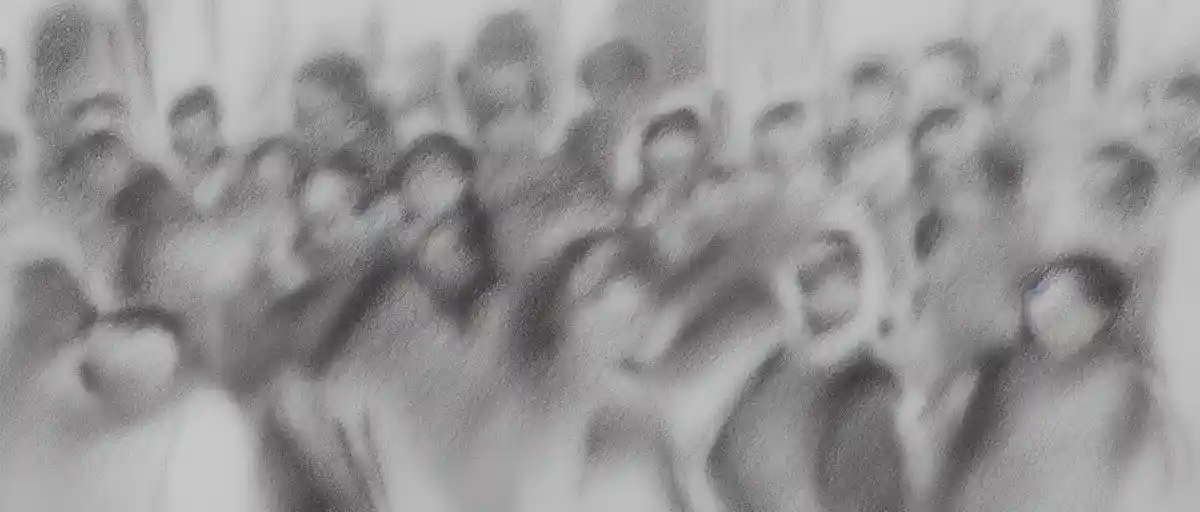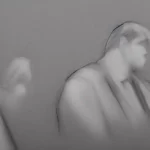This Could Be Of Interest To You Too:
[starting with] “Outrageous Court Ruling Sparks Fire: ‘Thin Blue Line’ Flag Now Unleashed!”
The recent court ruling declaring the ban on displaying the “thin blue line” flag in Pennsylvania townships unconstitutional has ignited a fierce debate that cuts to the heart of our fundamental rights. On one side, supporters argue that the flag is a powerful symbol of gratitude and support for the brave men and women in law enforcement who put their lives on the line every day. They believe that suppressing the display of this flag is an affront to those who sacrifice so much to protect us.
However, critics fear that the flag has become a rallying point for individuals who oppose the Black Lives Matter movement or who condone excessive use of force by the police. They argue that allowing the flag to be displayed can create an intimidating environment for members of the community, particularly those who have experienced or perceive racial bias in law enforcement.
Supporters of the “thin blue line” flag argue that it represents an important message of gratitude and support for law enforcement officers. These brave men and women risk their lives to protect our communities, and displaying the flag is a way to show appreciation for their sacrifices. They believe that the ban on the flag was an infringement on their freedom of speech and an attempt to silence their support for law enforcement.
In a different vein, critics express concerns about the potential political connotations associated with the flag. They argue that it has been adopted by some as a symbol of opposition to the Black Lives Matter movement or as an endorsement of police brutality. They worry that by allowing the flag to be displayed, it can create an environment that is unwelcoming and intimidating to community members who have experienced or perceive racial bias in law enforcement.
It is essential to strike a delicate balance between supporting law enforcement and addressing the concerns of those who feel marginalized or threatened by the potential political messaging associated with the “thin blue line” flag. While it is crucial to recognize and appreciate the incredible sacrifice that law enforcement officers make daily, we must also acknowledge the need for fair and unbiased policing in our society.
Ultimately, the court’s decision to reject the ban on displaying the “thin blue line” flag is rooted in the protection of our constitutional right to freedom of speech. However, it is vital that we engage in open and respectful dialogue to better understand the perspectives of all individuals who are affected by the symbolism and potential political implications of this flag. Only through empathy, understanding, and a commitment to addressing issues of racial bias and injustice within our law enforcement systems can we move forward as a united and equitable society.
Here's A Video We Thought You Might Also Like:
Author Profile

- Hi there! I'm Victoria Sinclair, a seasoned journalist with a passion for uncovering the truth. I've honed my skills fearlessly diving into stories that expose corruption and shed light on important issues. I take pride in delivering unbiased news, breaking down complex stories into digestible information. With every breaking news report, I strive to bring you the facts with grace and authority. Thank you for trusting me as your go-to anchor!
Latest entries
 Breaking News2023.12.19Stunningly Train Collision Caught on Camera in Texas!
Breaking News2023.12.19Stunningly Train Collision Caught on Camera in Texas! Breaking News2023.12.19Thunderstruck Decision in Idaho Murder Case Motion to Dismiss Denied!
Breaking News2023.12.19Thunderstruck Decision in Idaho Murder Case Motion to Dismiss Denied! Breaking News2023.12.19Mind-boggling Revelation NYC Politician Caught Using AI Chatbot to Deceive Public!
Breaking News2023.12.19Mind-boggling Revelation NYC Politician Caught Using AI Chatbot to Deceive Public! Breaking News2023.12.19Incredulous Accusations School Principal Accused of Murdering His Family
Breaking News2023.12.19Incredulous Accusations School Principal Accused of Murdering His Family






